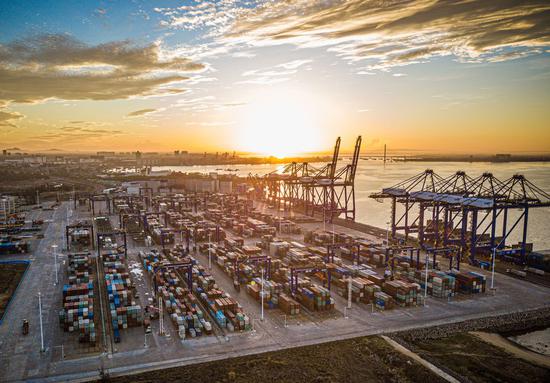
Aerial photo taken on May 26, 2021 shows the Yangpu international container port at Yangpu economic development zone in South China's Hainan province. (Photo/Xinhua)
China's economic growth is projected to moderate to 5.1 percent in 2022, after achieving 8 percent this year as predicted, according to a report published by the World Bank on Wednesday.
Although the full-year growth is likely to slow down next year, the momentum will pick up, supported by a moderate easing of policy, indicated the Word Bank's China Economic Update.
The headline inflation is projected to rise to 1.9 percent in 2022, compared with a likely lower level of 0.9 percent in 2021. The core inflation is projected to increase steadily thanks to the firming of consumer spending, while the PPI inflation may peak this year and decline to around 3 percent in 2022, amid a high base effect and easing supply constraints, the report said.
The World Bank expected to see moderate fiscal easing in China next year. Monetary policy may continue to focus on maintaining financial market stability, and the central bank is projected to provide liquidity support when necessary.
As China's COVID-19 strategy is likely to remain broadly unchanged for much of 2022, some downside risks include the renewed domestic COVID-19 outbreaks, such as the new Omicron variant, which could require more broad-based and longer-lasting restrictions leading to larger disruptions in economic activity, according to the report.
A downturn in the highly leveraged property sector poses another downside risk, which could have "significant economy-wide reverberations", it added.
The report also highlighted the importance of "rebalancing" in China's economy, during a process from recovery to high-quality growth.
"The pandemic and subsequent recovery have worsened domestic and external economic imbalances," said Martin Raiser, World Bank country director for China, Mongolia and Korea. "The transition to high quality growth is a challenging rebalancing act, but structural reforms could help reduce policy trade-offs."
The rebalancing may bring challenges when the growth shifts from relying on external demand to domestic demand, from investment and industry-led growth to consumption and services, from the weight placed on state leadership and regulation to a greater role for markets and the private sector, and from a high to a low-carbon development model, according to the World Bank.
"Addressing distortions in factor markets and further opening up of the protected services sector would not only support the shift to more private sector-led growth, but also encourage rebalancing towards higher value service jobs," said Ibrahim Chowdhury, World Bank acting lead economist for China.
To support the rebalancing toward domestic consumption, fiscal reforms could create a more progressive tax system while boosting social safety nets and spending on health and education, the report said.








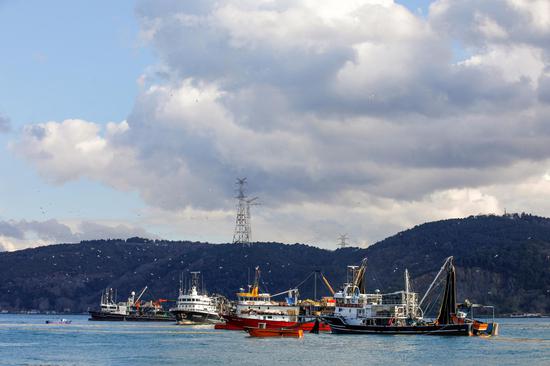






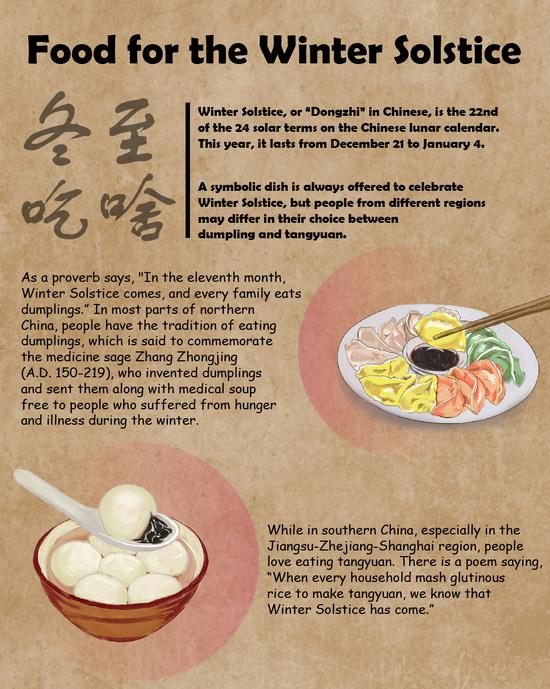
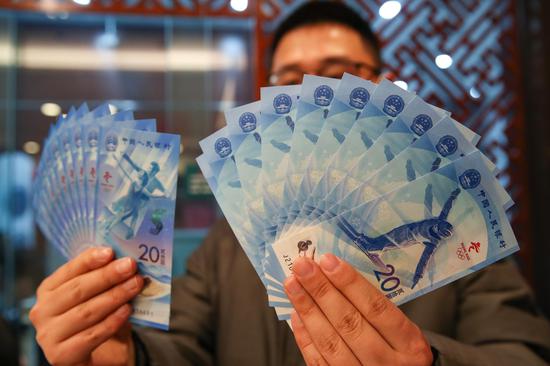


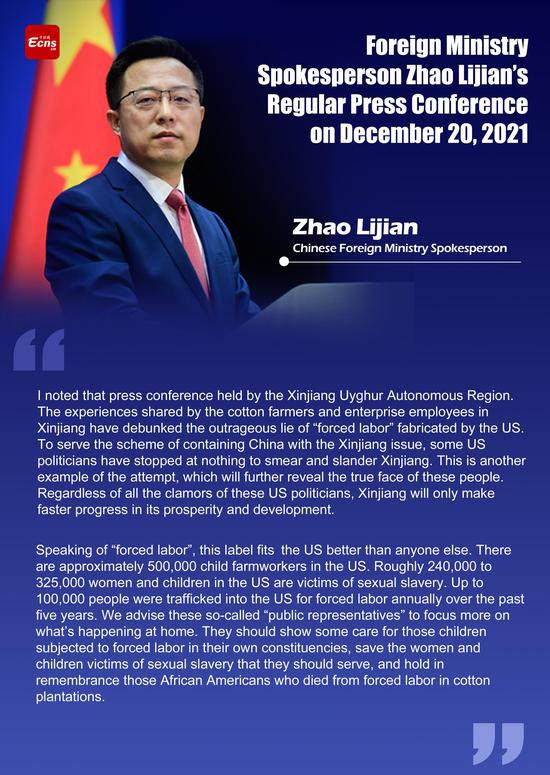






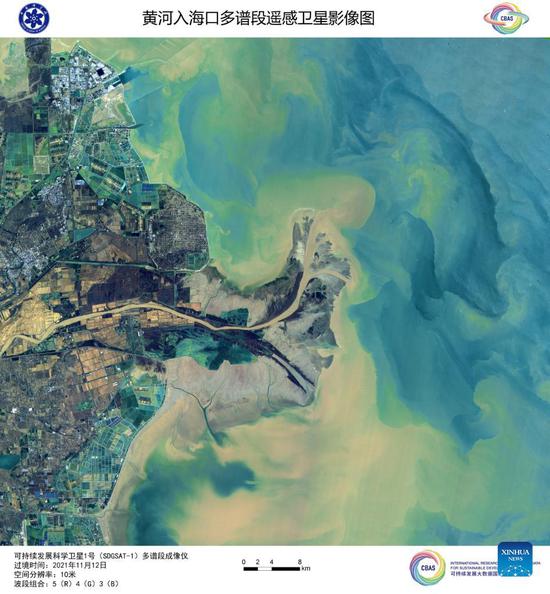





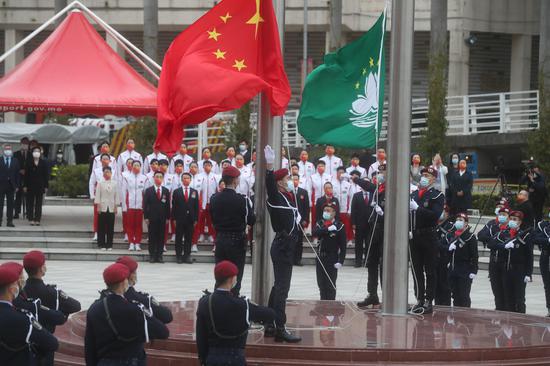

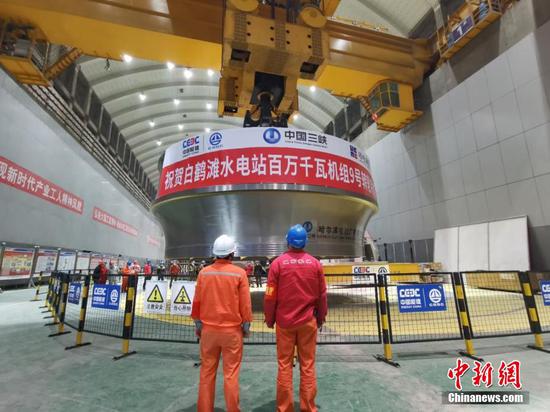

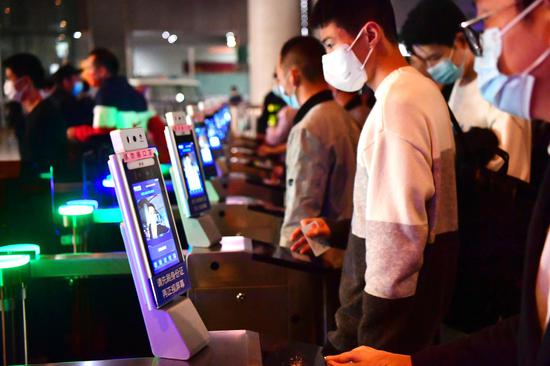





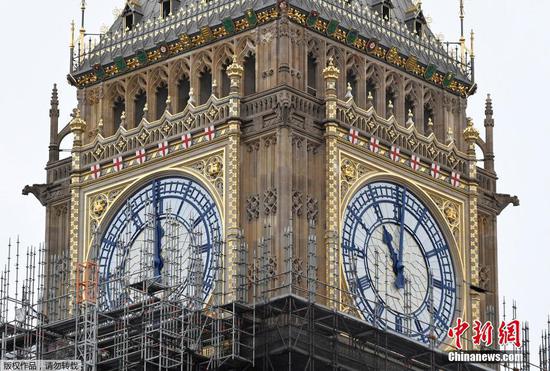

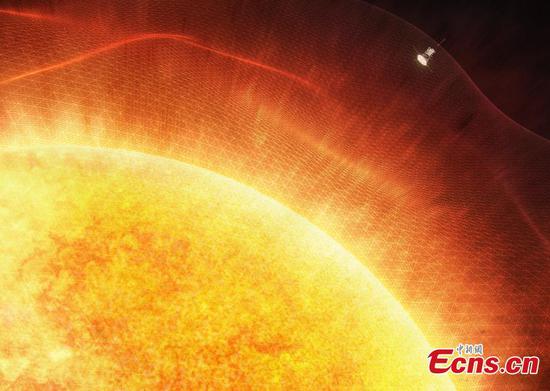





 京公网安备 11010202009201号
京公网安备 11010202009201号